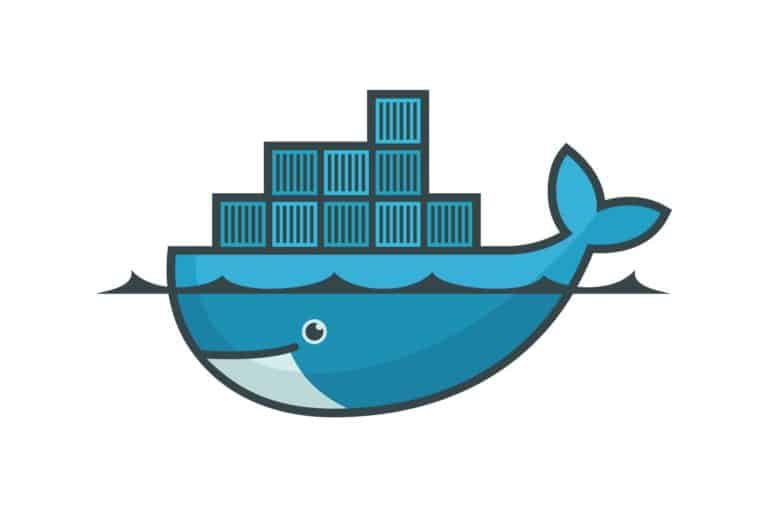Docker has made the new version of its development platform for container applications widely available. The platform became available as a beta version in April.
Docker Enterprise 3.0 is an enterprise variant of the company’s open source tools. The platform allows developers to build container-based software applications. At the launch of the beta version of the platform, it was already clear that several new features would become available. For example, Docker Kubernetes Services (DKS) has been rolled out. According to senior product marketing manager David Hamdani, this is the only solution that integrates Kubernetes from the developer desktop to the production server.
DKS improves security, access control and automated lifecycle management, among other things. In addition, the solution offers support for Swarm Services. This is a function that talks to different instances on different hosts.
Docker Desktop Enterprise
Also new is Docker Desktop Enterprise. This tool is designed to speed up the onboarding of developers and improve productivity. The tool replicates the configuration settings of a company’s container environment on individual workstations. This means that all code must do the same on a laptop and in the production environment.
Docker Applications is a function that brings together the management of applications scattered across different toolchains in a single packaging format. Developers can create pre-configured templates containing different components.
According to Hamdani, developers can bundle the various distributed resources, which together form a modern application in a single object, which can easily be shared, installed and run anywhere.
Lifecycle automation
Finally, the platform will be equipped with new tools to automate the lifecycle. These tools are designed for ongoing operations, making it easier for developers to accelerate the deployment of container-based apps on different infrastructures.
By using a simple set of CLI commands, operational teams can easily deploy, scale, backup, restore and upgrade their Docker Enterprise clusters on hybrid and multicloud deployments on AWS, Azure or VMware, says Hamdani.
This news article was automatically translated from Dutch to give Techzine.eu a head start. All news articles after September 1, 2019 are written in native English and NOT translated. All our background stories are written in native English as well. For more information read our launch article.